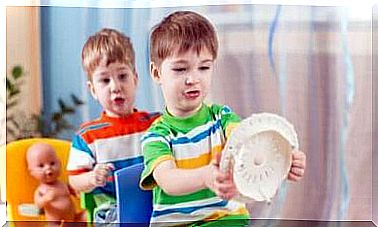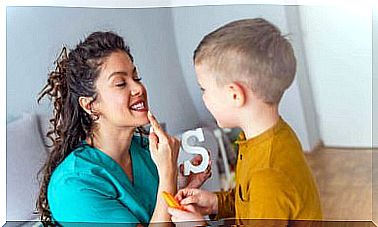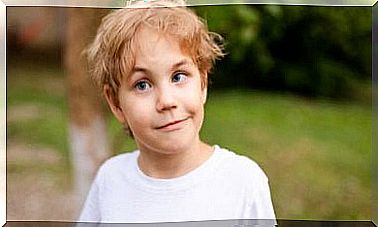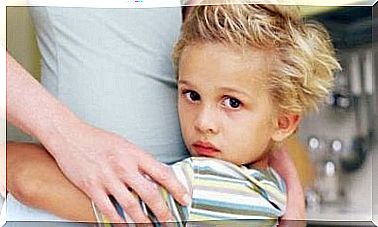How To Help Overcome Childhood Fears
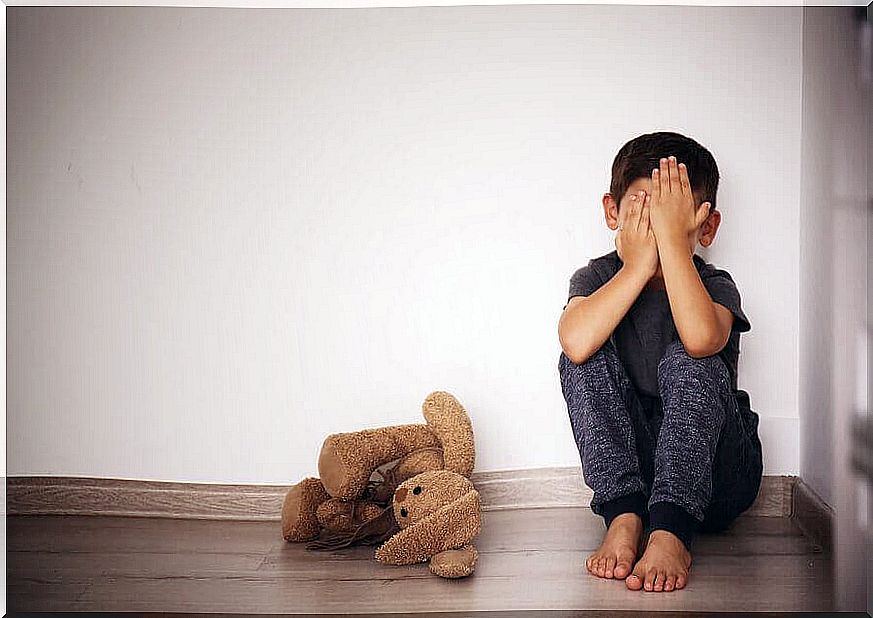
In today’s article, we want to talk about how parents can help their little ones overcome their childhood fears.
Anxiety in children is relatively normal up to a certain age. To some extent, a large number of children experience some form of anxiety. However, childhood fears do not equate to phobias or fears.
The importance of understanding and overcoming childhood fears
During the various stages of childhood development, it is common for children to experience fears. These fears are part of their growth and relate to a concrete evolutionary stage. These evolutionary fears include things like being afraid of the dark, strangers, or being alone.
Fear is a natural response of living things and its purpose is to protect us from danger. This includes both immediate hazards and potential hazards that endanger survival.
Most of the fears children experience are common. They are usually temporary and vary in intensity depending on the child’s stage of development.
Child fears based on age
Childhood fears vary depending on a child’s age. During the first years of life, these fears are usually related to loud noises, unfamiliar people and being separated from the parents.
When children reach infancy, these fears become more apparent. Children at this age have a more developed imagination and their fears become more abstract. For example, they begin to fear ghosts, monsters, witches, etc.
During primary school, from about age 7 to 11, fears have more to do with reality. Children may then fear physical injury, illness, doctor visits, etc. For example, a child may also fear that his or her parents are divorcing or that they will not adjust socially.
During the pre-pubescent stage, the fears mentioned above begin to subside. During this new phase, fears related to school become much more predominant. For example, young teens fear:
- Rejection from their peers.
- Lack of adult approval.
- Getting bad grades.
- Performing poorly in school.
When childhood fears turn into phobias
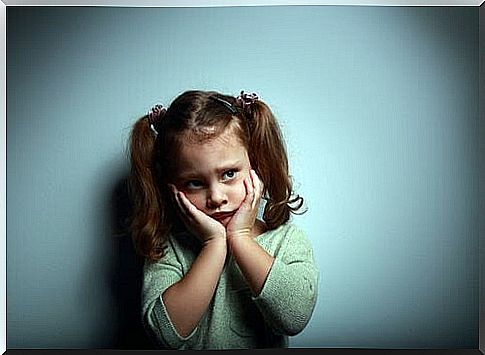
Childhood fears are not the same as phobias. That is why it is important for parents to pay attention. There are symptoms that can indicate that a child is suffering from a phobia. If that’s the case, it’s important that you make sure your child gets the help he or she needs.
The term phobia refers to a constant, excessive and irrational fear. People can experience phobias related to both situations and objects.
As for fears, children will try to protect themselves from perceived danger. When dealing with a phobia, the irrational fear is uncontrollable. Phobias limit children and can even paralyze them.
Identifying the difference between a fear and a phobia can be difficult to do. Normally, phobias present themselves in the form of an emotion that arises from fear. This sensation appears when the child faces certain situations or specific objects.
It is important to keep in mind that there are three types of phobias. The difference between each category has to do with the trigger behind the phobia:
- Generalized: the child experiences fear and anxiety in various situations.
- Specific: Specific phobias refer to the fear of situations related to animals or insects. They also include fears related to one’s natural environment, such as climatic conditions, medical interventions, etc.
- Social: In these cases, social situations cause anxiety or great discomfort in children. For example, a child may feel anxious when he is in large crowds or when he comes in contact with strangers, etc.
How to help your kids overcome their childhood fears
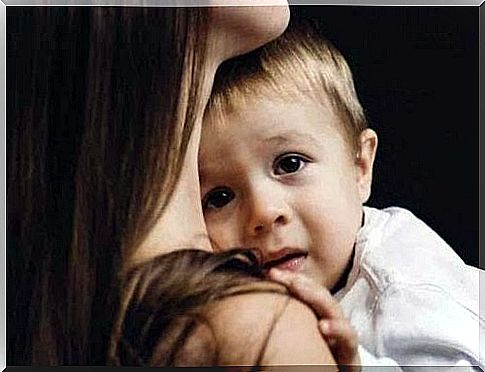
It is extremely important for parents to guide their children and help them overcome their childhood fears. If this doesn’t happen, it can have repercussions even into adulthood. These consequences include an increased likelihood of generalized anxiety in a variety of challenges and situations.
To be on the safe side, it is best to seek help to resolve the issue. A professional will then recommend an adequate treatment plan to help overcome your child’s childhood fears.
There are several guidelines that parents should remember to help their children at home, such as:
- Identify the situations or objects that cause fear.
- Communicate actively with your child. Listen to your child and give support.
- Provide confidence and security for your little one to help him or her overcome the fears and situations that cause frustration.
- Learn methods to control anxiety and give your child the tools to overcome uncomfortable situations. For example, if your child is afraid of the dark, you can give him or her a teddy bear that makes him or she feel safe.
- Lead by example and give your child a positive perspective regarding problems. Teach your little one to find possible solutions and treat them as a normal part of life.
In short, it is not only possible to help your children overcome their childhood fears. It is also very useful.
However, parents shouldn’t worry too much about their children’s anxiety as long as they don’t turn into something more serious.




